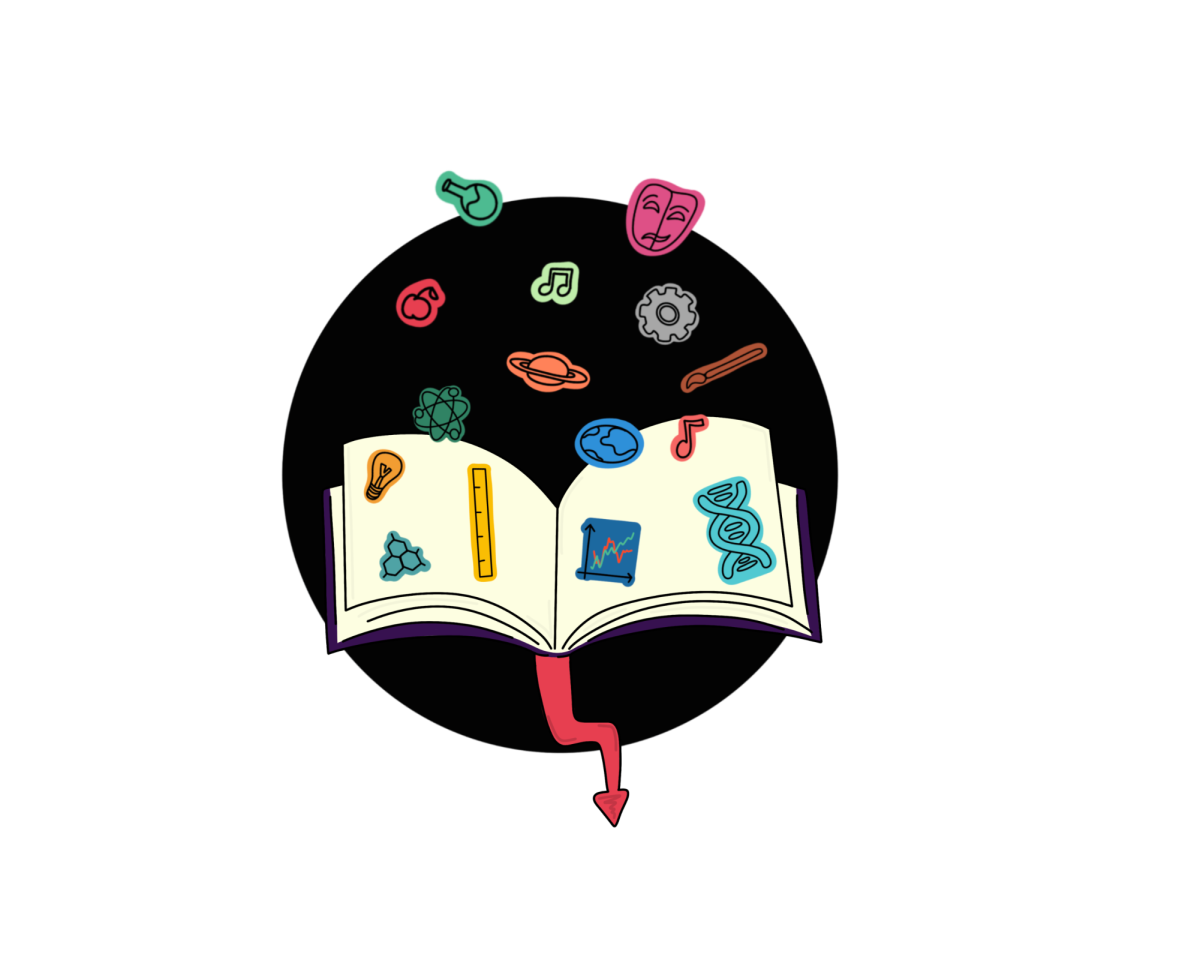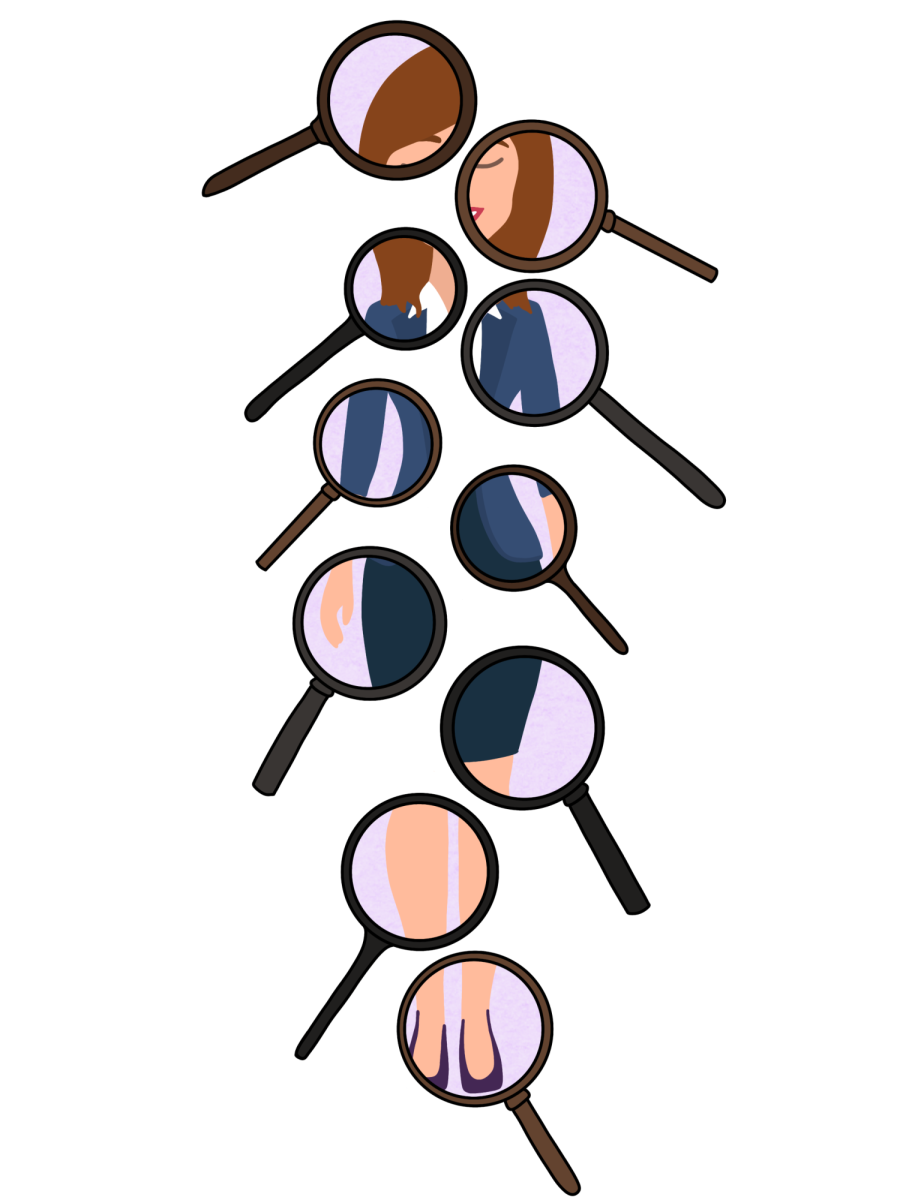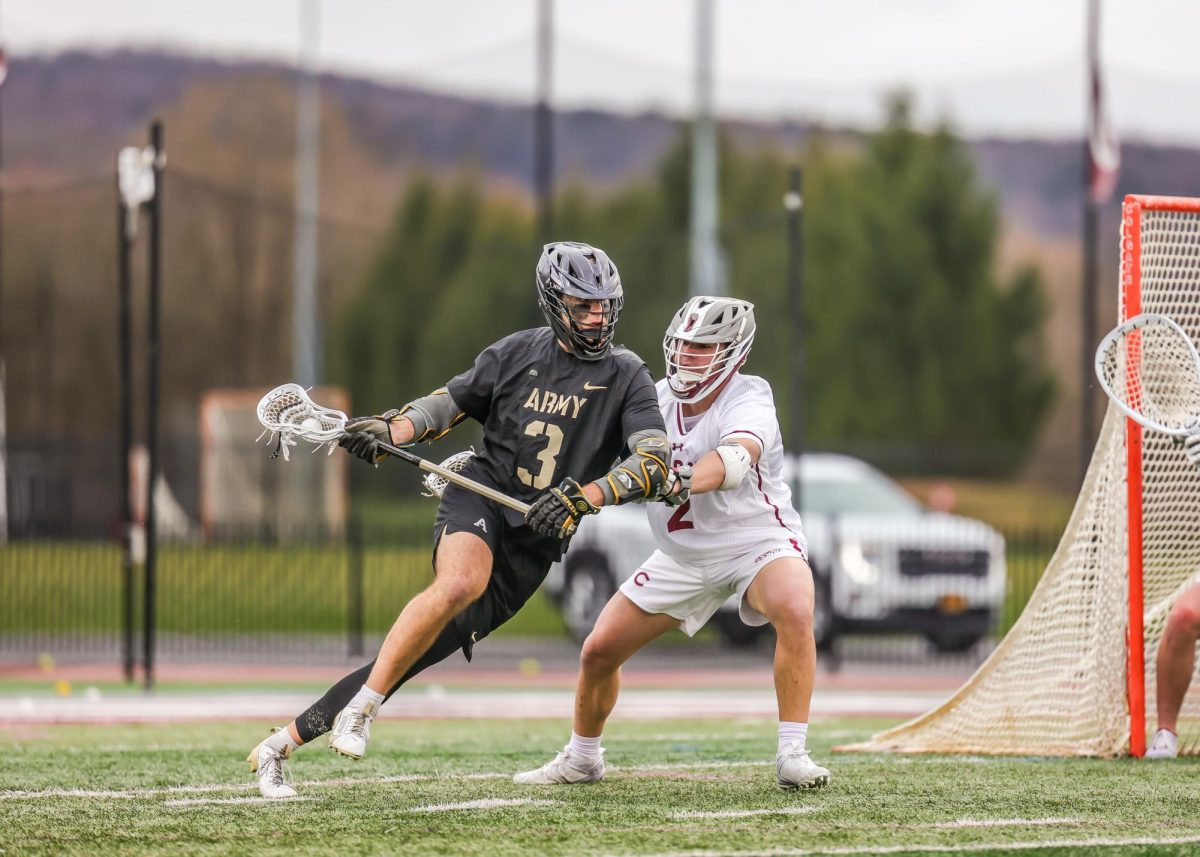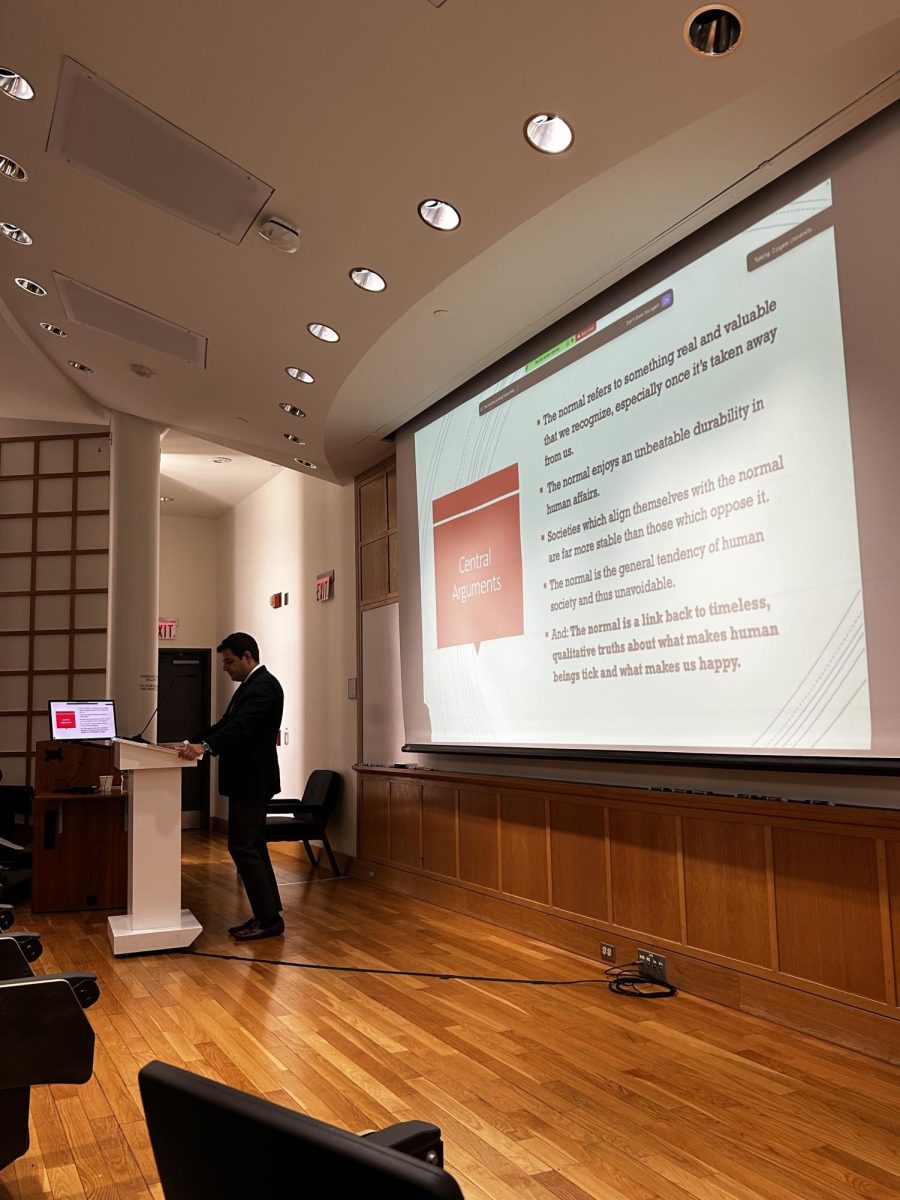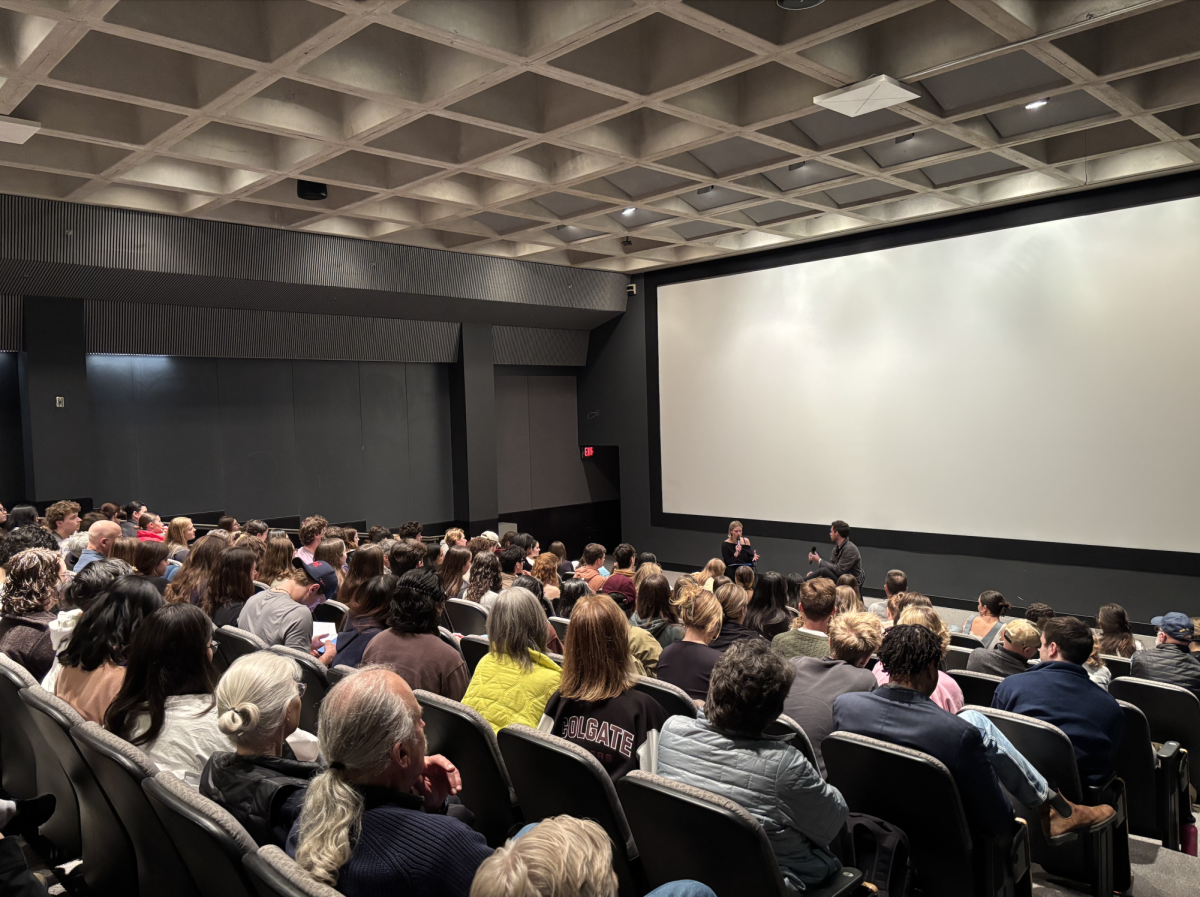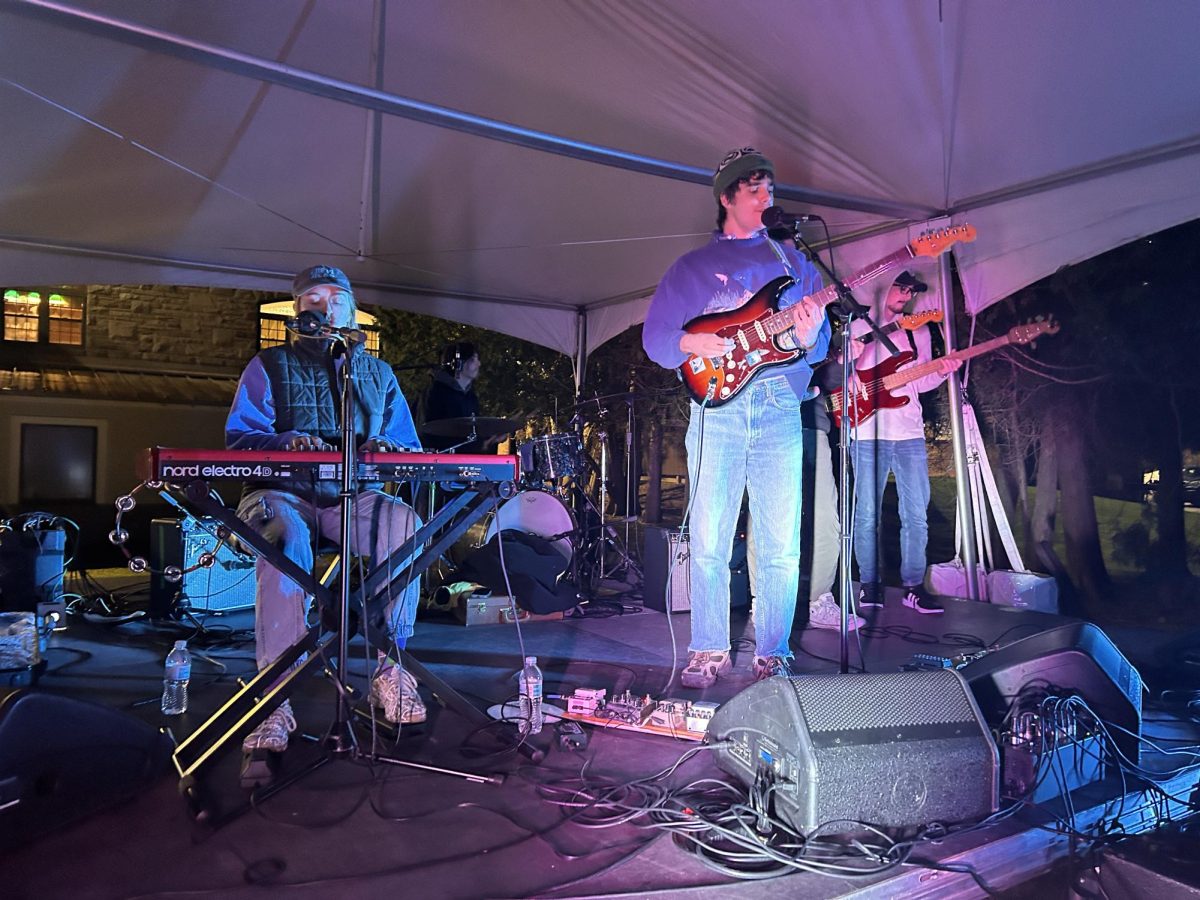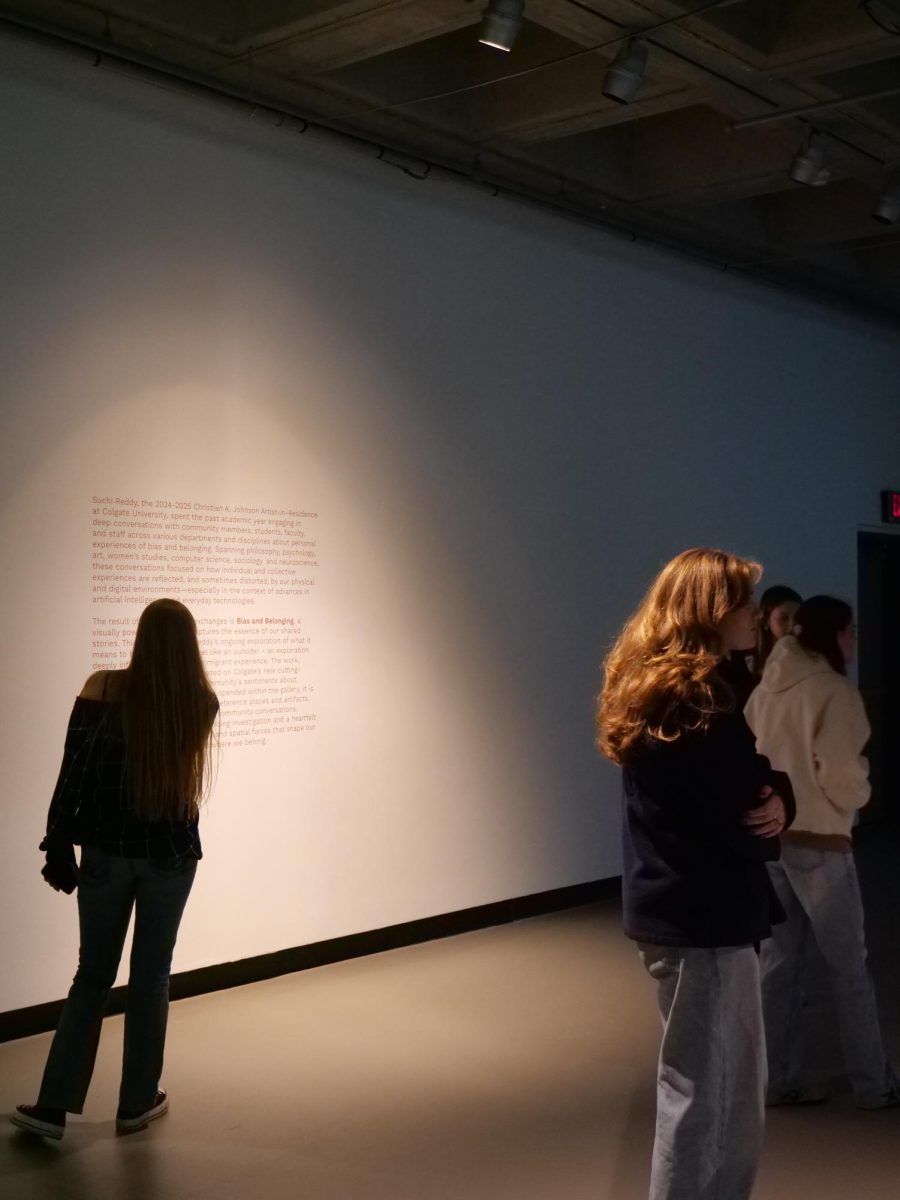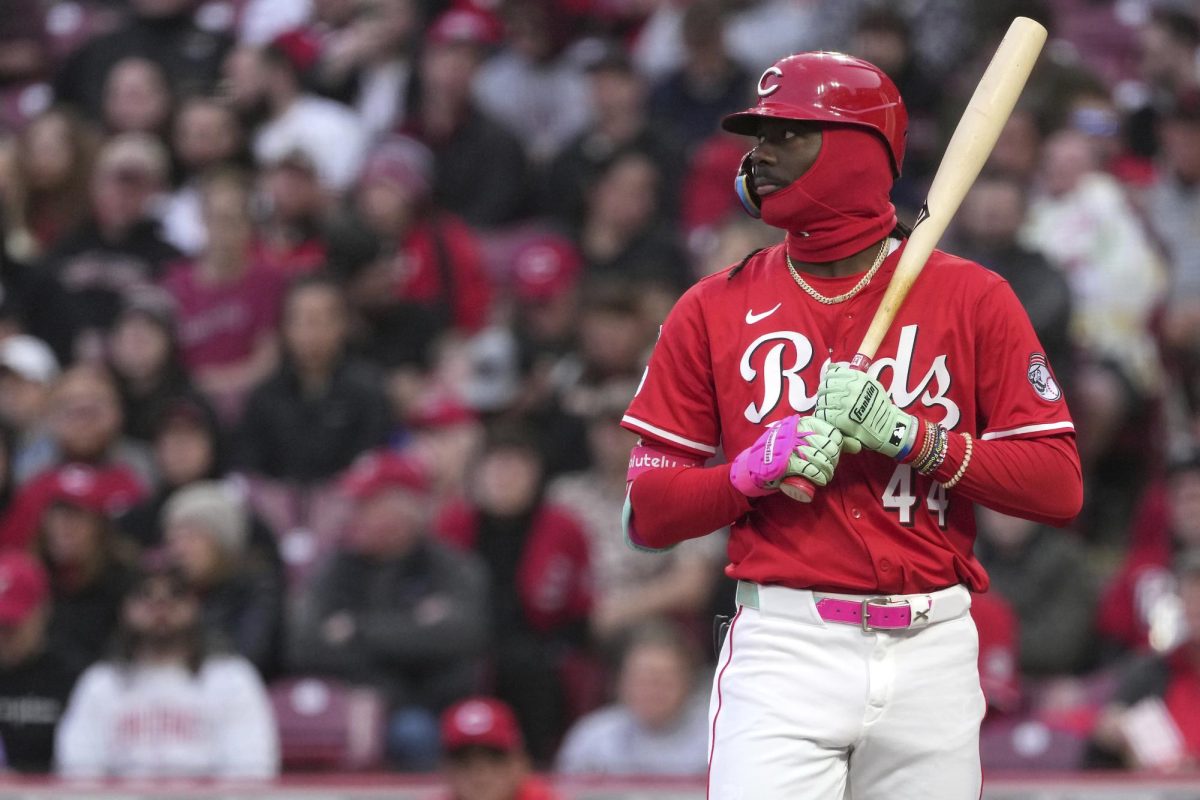Arguably, the liberal arts and pursuit thereof have created the basis of the modern western world. What would democracy be without John Locke, Plato or Jean Jacques-Rousseau? What are the sciences without Democritus, Lucretius or Einstein? And could justice and ethics forget Socrates, Voltaire or Descartes? Beyond philosophers and great thinkers, the availability of this rhetoric and access to higher education has provided immense benefits to society. While it may be scary to hear that the world is about evenly split between autocracy and democracy, the Pew Research Center states that we are near the highest rate of global democracy ever, with 57 percent of countries having unfettered democratic processes. Furthermore, college education hit its highest level in 2021, with 37.9 percent of the American population above 25 having obtained a bachelor’s degree. Despite these wonderful trends, however, the pursuit of liberal arts is in a steep decline. From 2012 to 2020, graduates with humanities degrees declined by 29.6 percent. So what does this mean for the future? Simply put, it is immensely worrisome.
For years, the liberal arts have functioned as a unifying and expansive approach to higher education, emphasizing interdisciplinary study and critical thought. Encyclopedia Britannica defines liberal arts as a “curriculum aimed at imparting general knowledge and developing general intellectual capacities in contrast to a professional, vocational, or technical curriculum.” The concept itself is older than our country, society and language. According to Calvin University, the liberal arts first emerged in cities such as Athens around 400 BC with an emphasis on rhetoric, speaking and grammar, critical reasoning and history. The university further claims (an argument that many scholars and I agree with) that these ideals and studies proved the basis for the Protestant Reformation, Enlightenment, Scientific Revolution and Renaissance. Grateful for freedom of religion, modern medicine and social justice? Thank the liberal arts.
However, with the downward trend of liberal arts, there has also emerged a movement against them. This year, “The Duke Chronicle” highlighted the increasing conservative bias against liberal arts and the categorization of the concept as “elitist” and “outdated.” A glaring example of this is the educational overhauls performed by Governor Ron DeSantis on Floridian colleges and universities. DeSantis notoriously gutted the board of trustees at the New College, a public liberal arts institution. He has followed with bills to ease the firing and removal of tenured professors. Very recently as well, West Virginia University began to slash its liberal arts programs, focusing on falling back onto an agrarian and vocational education. The university has cut two dozen majors and will leave over 140 professors jobless, according to The Atlantic. The same article asked the question of whether those of modest means deserve a liberal arts education. I would expand this to ask: What happens when the liberal arts are only available to students at elite universities? With a PR problem of elitism and class division, this surely cannot benefit our society. Donald Trump recently proposed developing a free, national university for all students to attend — funded by taxing the endowments of private universities (like Colgate University), of course.
Beyond the demonization and decline of liberal arts, it is important to recognize the issues of the modern college system in America. The cost to attend college in America has inflated by 180 percent in just 40 years, and many Americans may rightfully wish to pursue a degree solely for the obtainment of white-collar jobs. Realizing this, however, it must be remembered that yes, doctors may heal our sick, engineers create our infrastructure, and factory workers produce our goods, but it is the lawyers who protect our rights, theologians who guide our souls and historians who reckon our past. A society cannot function solely with either but must function with both; furthermore, anyone and everyone deserves the right to pursue either of these paths.
I, like many students, know the familiar criticism of relatives and the dreaded phrase, “what are you going to do with that degree?” But I always find myself drawn back to the words of John Adams, who once remarked, “I have to study politics and war so that my sons can study mathematics, commerce and agriculture, so their sons can study poetry, painting and music,” according to Forbes. Like Adams, I recognize the liberal arts are not independent of the technical and vocational curricula but are mutually dependent on one another. Other studies may physically build the world and keep it running, but liberal arts are foundational for maintaining democracy, protecting our freedoms and understanding the world itself.
Even if trends continue and the burden of liberal arts falls solely to the elite and private colleges of America, it will be our — and Colgate’s — responsibility to maintain them. While we may not find ourselves on an arduous journey like Odysseus or debating metaphysics with Aristotle in the agora, it is important that we maintain our connections to our society and one another. In our education, we should want to be many to each other but never hoi polloi to others.


